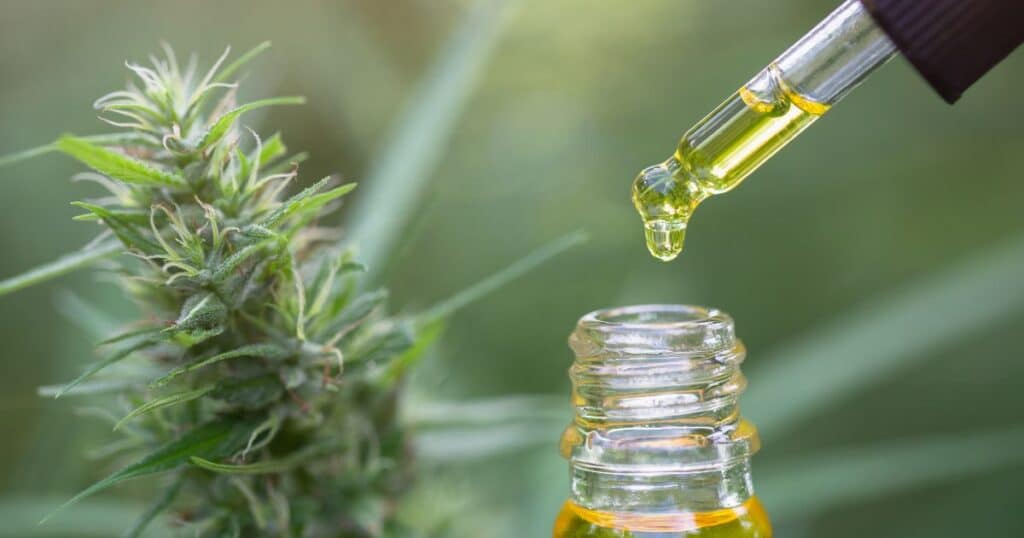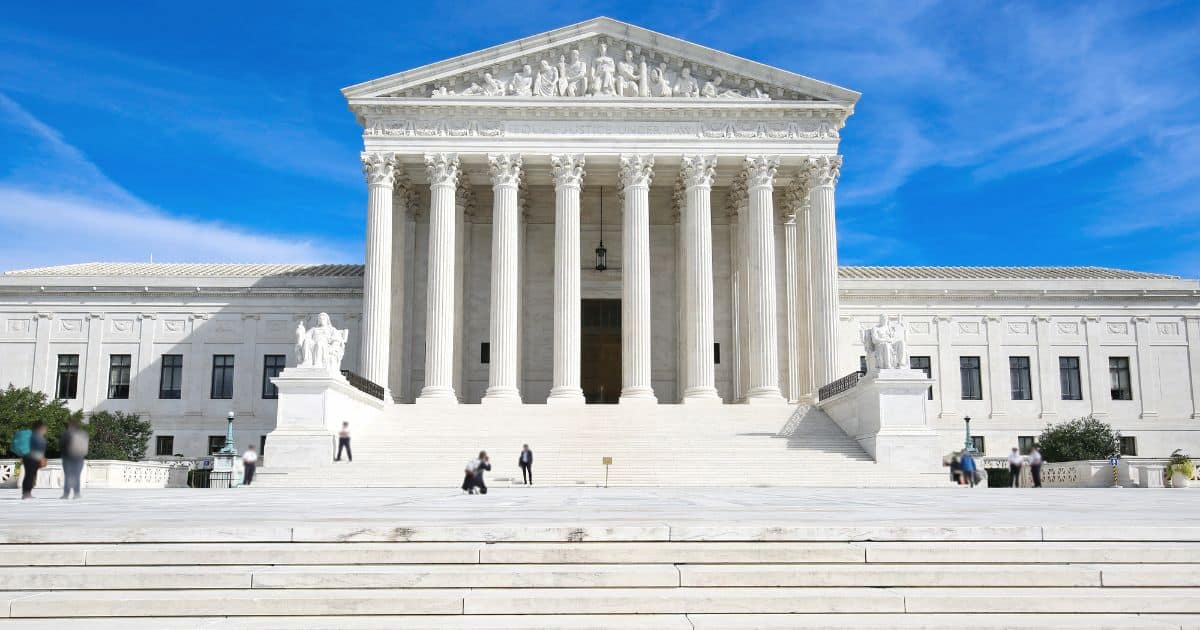In an era where cannabidiol (CBD) products are multiplying across markets worldwide, the intersection of employment, federal regulation, and consumer protection is seeing unprecedented legal challenges.
Among these, the case of a former commercial truck driver, Douglas Horn, stands out — not just for its implications on the use of CBD products but also for the legal precedents it might set. The U.S. Supreme Court’s Monday decision to hear Horn’s case marks a significant moment in the ongoing debate about the legal status and regulation of CBD products in the United States.

A Truck Driver’s Story and Its Legal Challenges
Douglas Horn, a trucker with 14 years of experience, saw his career and life change after failing a drug test — a result he blames on a CBD product named “Dixie X,” advertised as containing no THC (tetrahydrocannabinol), the psychoactive component of marijuana. Following the positive test, Horn lost his job, setting the stage for a legal battle that has now reached the U.S. Supreme Court.
The core of Horn’s lawsuit against Medical Marijuana, Inc., the producer of Dixie X, revolves around allegations of mail and wire fraud under the Racketeer Influenced and Corrupt Organizations Act (RICO), a statute originally conceptualized to combat organized crime.
Horn’s suit claims that the company’s misleading advertisement led to his wrongful termination, positioning this case at the contentious intersection of employment rights, product liability, and consumer protection.
The CBD Dilemma
Despite the widespread availability of CBD products, their legal and regulatory status remains a complex maze. The federal Farm Bill of 2018 legalized hemp-derived CBD products containing less than 0.3% THC, yet the FDA has been slow to establish clear guidelines for the marketing, labeling, and sale of these products. This regulatory vacuum has left consumers, employers, and manufacturers in a precarious position, as evidenced by Horn’s case.
The RICO Act in Civil Cases
The use of the Racketeer Influenced and Corrupt Organizations Act (RICO) in Douglas Horn’s case against Medical Marijuana, Inc. marks a departure from its typical use in criminal charges. It highlights its potential in civil claims for recovering damages related to business or property, as Land Line highlighted.
Horn’s case brings up a unique legal issue about whether personal injury losses can be seen as business losses under RICO. Initially, the district court said no to Horn’s RICO claims, viewing his lost earnings as due to personal injury — specifically from unwanted exposure to THC — rather than a business or property injury.
But, the Second Circuit Court disagreed, arguing that “business” includes “employment,” meaning Horn actually suffered a business injury. This goes against previous court decisions that kept personal injury claims out of civil RICO discussions, suggesting mixing the two could confuse the difference between personal and business or property injuries. The Supreme Court is now set to decide on this, addressing a split in opinion among federal appellate courts.
The implications of this case extend far beyond Horn’s personal grievances. It potentially reshapes how RICO is applied to consumer protection cases and sets a precedent for future disputes involving CBD products and employment law. It also highlights the legal complexities surrounding CBD products, which often exist in a gray area of federal and state regulation.
What’s at Stake?
For employers, the outcome of this case could necessitate a reevaluation of drug testing policies and employment practices, especially in industries subject to federal drug testing regulations. For the burgeoning CBD industry, a decision against Medical Marijuana, Inc. might prompt a reexamination of product formulations, labeling standards, and marketing practices to mitigate the risk of similar legal challenges.
On the consumer front, particularly those relying on CBD products for medical or therapeutic purposes, the case highlights the importance of rigorous product testing and transparent labeling—not just for legal compliance but also for consumer safety and trust.

As the Supreme Court prepares to hear arguments, everyone involved faces high stakes. For Douglas Horn, it’s about seeking justice for a career derailed by what he claims was a misleading product.
For Medical Marijuana, Inc., it’s a fight to defend its business practices and the broader legal standing of the CBD industry. And for the legal system, it’s a chance to clarify the application of the RICO Act in the modern commercial landscape.
This case underscores the necessity for clearer regulations and standards within the CBD industry to protect consumers and ensure fair employment practices.
Regardless of the outcome, the Supreme Court’s decision will likely have far-reaching consequences, setting legal precedents that will shape the future of CBD regulation, employment law, and consumer rights in America.
- Ohio’s Senate Bill 56 Postponed, Leaving Details of Issue 2 Still Unresolved
- Sports Stars and Well Known Entertainers Join Forces Calling on Trump for Cannabis Reform
- Pinsky and the Brain: Bill White on His Journey to Consulting in Cannabis
- Delaware’s Recreational Cannabis Market Finally Set to Launch After Years of Challenges
- Excise Tax Increase to 19% and Its Impact on California Retailers
- Nebraska’s Governor Approves Emergency Medical Cannabis Regulations













